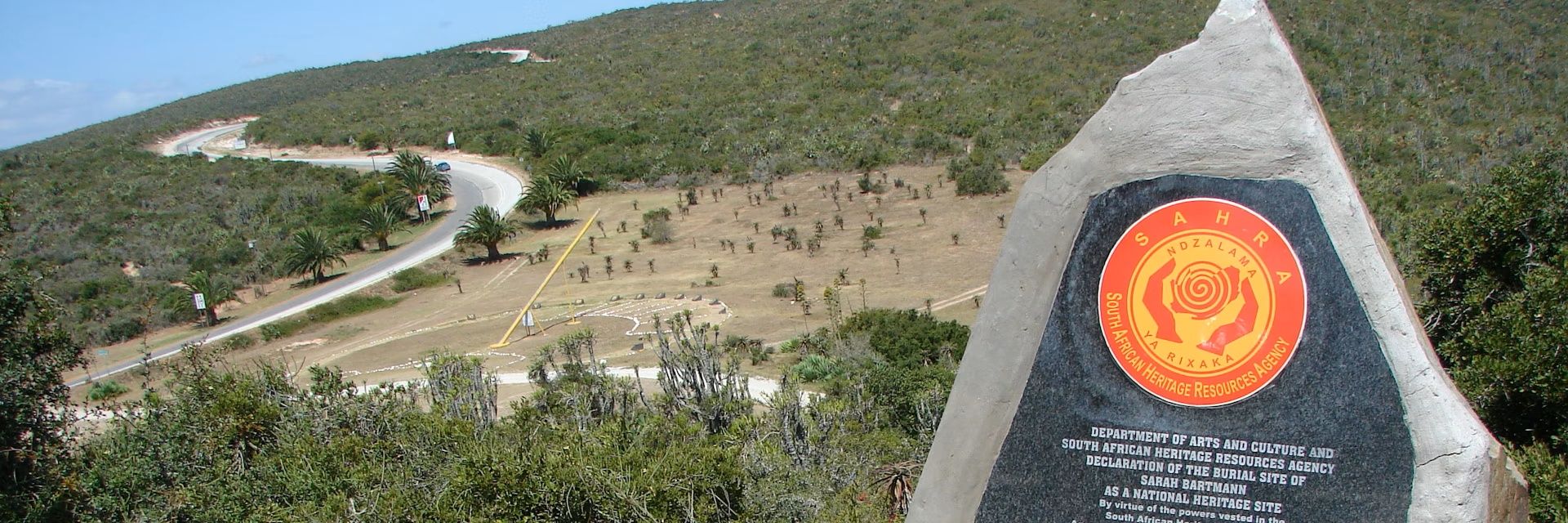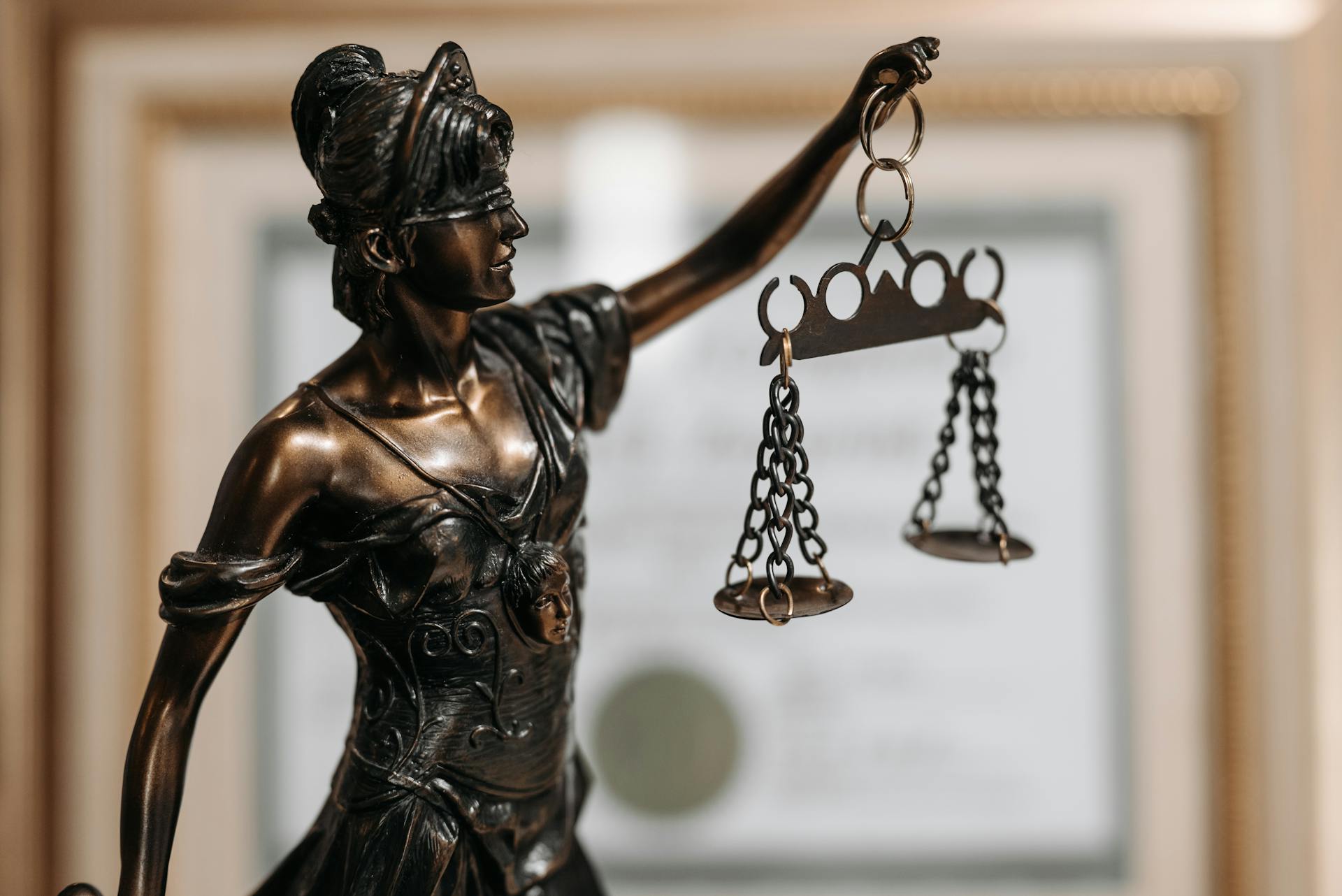In the African traditional setup, dowry is paid to the girl’s parents during the marriage ceremony as a symbol of appreciation for their role in raising the girl and giving her hand in marriage. This traditional practice is not only in Kenya but also in other African countries. In South Africa, it’s known as Labola. The Yoruba community in Nigeria calls it Iyawo, while the Shona of Zimbabwe calls it Roora. The dowry payment varies across different African countries.
Dowry payment among Kenyan communities
Traditionally, dowry payment was a morally uplifting practice that was a symbol of two families coming together. Because of its symbolic nature, the dowry payment was more of a gift to the bride’s family than a price.
Dowry symbolises two things. It’s an appreciation to the girl’s family; a way of thanking the family for raising the girl well. Secondly, it shows that the groom can provide for the wife. The groom proves his worthiness to the girl’s family.
Dowry payment in the traditional Agikuyu comprised goats, traditional brews, honey and cows. For the Abaluhya community, you couldn’t get their girl without thirteen heads of cattle. The Kalenjin, being a pastoralist community, paid cattle as dowry. All the 42 tribes in Kenya have different practices.
In this modern age, most Kenyan communities’ bride price comprises money and gifts. The amount of money will vary from community to community and from family to family. Often, bride price agreed upon is paid in instalment depending on the agreement of both families.
The commercialisation of dowry payment
In the traditional setup, women who were virgins fetched higher dowry as compared to their counterparts. Today, a woman's educational qualification is the yardstick to measure the amount of the bride price. And since more and more parents are educating their daughters, some are using dowry payment as a money-making business.
From a traditional perspective, dowry payment is a noble practice. However, in the recent past, the practice has become more of a business deal, so to speak. You’ll hear the girl’s parents talking with pride about how they’ve invested so much in their daughter. Mind you; the groom is also educated and raised well. Perhaps that’s the reason the two fell in love, to begin with.
And so, as I try to wrap my head around this concept, I cannot understand how our worth can be equated to a price. I would like to believe that’s not the case, but everything about how this practice is conducted points to that fact. The fact that a parent would quote a pride price that will make the son-in-law’s family threaten to leave the negotiation table tells you there’s a problem. Besides, the complaints that come from the bearer of the pride price burden after they have finalised the dowry payment is an indicator that there’s a discrepancy between what should be and what is.
Digging deep into this custom, you’ll realise there are several other money-making schemes. From the time the groom’s family enters the gates to identifying the bride to the negotiations, it’s all about maximising profits.
At this point, if you think this is the parent’s conspiracy, we are not on the same page. Wait until you see the wife-to-be beaming with a smile after hearing how much her parents have quoted as her pride price; the higher the amount, the greater the satisfaction. Could be it elicits feelings of worthiness, a sign that she is not your ordinary lady.
Society’s role in dowry payment
The problem does not stop there. As a society, we are obsessed with money. The society holds in high esteem those whose dowry cost an arm and a leg. In fact, they’ll be the benchmark for other ladies in the community to follow. In essence they are saying, the higher the bid, the better which alludes to the transaction I was talking about earlier.
Because of the perception that the amount of dowry paid shows how much the groom adores her bride and her worthiness, some women will hold their fiancés at gunpoint to get loans to pay for a dowry. Some will go ahead and contribute to paying their own dowry so that the numbers look impressive, which beats the logic of the custom.
Now, if you are wondering if I’m against dowry payment, I’m not. My concern is that this practice is losing its meaning. If dowry payment is symbolic, a sign of appreciation, why are we putting a price to it? Of course, it’s okay if the groom can afford the stipulated amount, but when it becomes a tug of war, perhaps we can modify the tradition to be friendly to everyone.
I think it’s because of the exorbitant dowry that countries like Niger have set the maximum pride price. This way, young men can evade the financial stress that comes with the dowry payment and the marriage ceremony. Those who are financially stable can also go beyond the set standards. Kenya can borrow a leaf from Niger and make the journey to holy matrimony bearable to the male gender.





